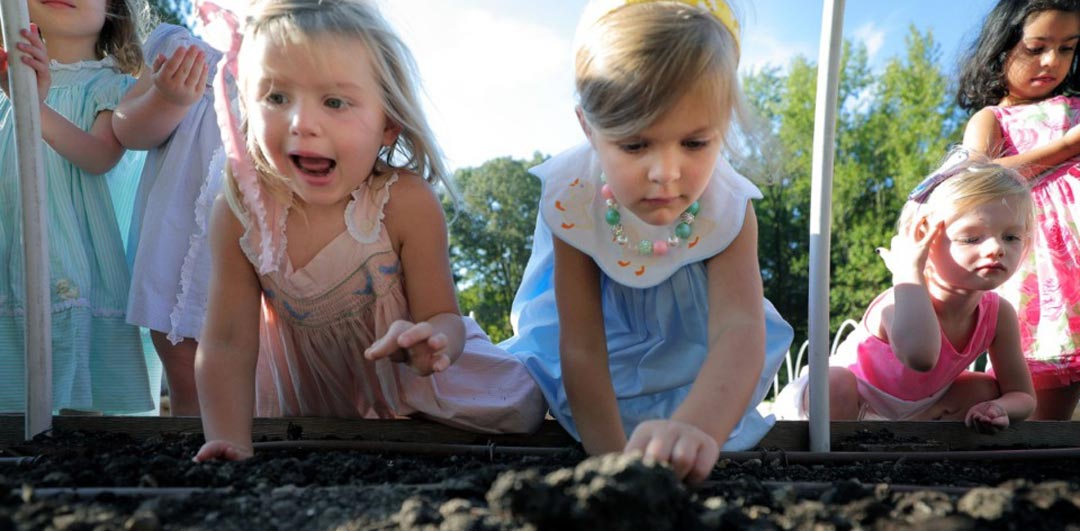Hutchison School’s farm recently had a major facelift, providing more space for students to learn about agriculture and how to link those lessons back to their other classroom coursework.
Mary Riddle, director of environmental education and sustainability for Hutchison School, a prekindergarten-12th grade girls only private school, is passionate about teaching skills on the farm that students are able to use in everyday life.
“We use the farm to connect to the girls’ overall social studies,” Riddle said.
For instance, a class recently visited the Memphis Zoo, where students were able to see the orangutan exhibit. Once back at school, they planted kale, one of the orangutan’s favorite snacks, and will harvest the kale and take it back to the zoo to share with the animals.
“There is an empathy piece to it so the girls can see how the farm can affect the outside world,” she said.
The girls also held a farmer’s market, where they sold what was grown on the farm. In preparation, they did market research to learn what customers would purchase.
“We planted bok choy, which correlated to the girls’ Chinese class,” Riddle said. “They planted it, harvested it, learned about it in Chinese class, cooked it and tasted it.”
Katherine and John Dobbs, who have two girls enrolled at Hutchison, realized the importance of the farm and decided to help fund its expansion, which included a greenhouse, a treehouse for viewing the farm and more beds for planting.
“Teaching the girls about the Earth is important, and we wanted to make this happen,” Katherine Dobbs said.
Dobbs noted that being outdoors is calming for students and helps reduce anxiety and depression. Many students are overstimulated, she said, and believes this time in nature without WiFi and cell phones helps them unwind and “be present.”
“It’s the most amazing classroom. The girls learn the science behind the farm and get hands-on learning,” she said.
Hutchison surveyed students and found the girls make their most memories on the farm, and are able to better understand problems in the environment.
Senior Elizabeth Austin has been instrumental in the farm’s success. During her freshman year, a teacher mentioned that Riddle did not have a way to wash vegetables grown on the farm. Austin developed a sustainable, solar-powered washing station, presented it to the administration and received funding to build her design.
“Between junior and senior year, I also built a farming robot that travels on a track system and can take care of a raised bed. I’ve been programming and building that robot called Farmbot that will be able to take care of a bed,” Austin said.
The Farmbot can seed, weed, water, test the soil moisture and has a camera for time-lapse photos of plants or vegetables being grown. Austin has worked with Riddle on the farm every summer during high school.
“Working on the farm all summer, I grew to be really interested in agriculture and sustainable farming practices and how I could engineer better ways to implement sustainable agriculture,” Austin said.
The next phase of the farm will include bathrooms and an outdoor kitchen so the girls can grow, harvest and cook the food they produce outdoors in nature.
[/et_pb_text][/et_pb_column][/et_pb_row][/et_pb_section]
